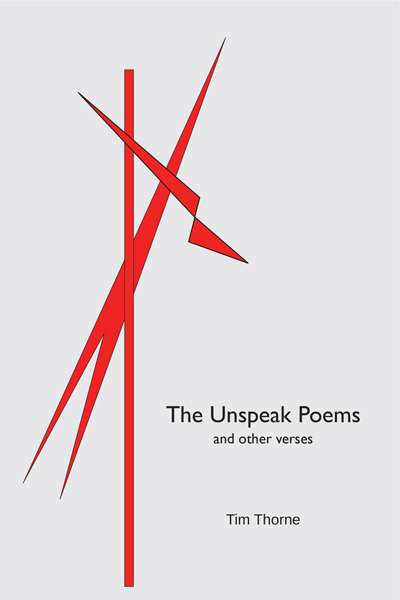Graeme Miles
Distant, untouchable night is stooping
over fingers of street-lights
that push her away. And the children of night?
The children of night are in hiding
Phosphorescence by Graeme Miles & Peeling Apples by Tessa Morris-Suzuki
by Jaya Savige •



